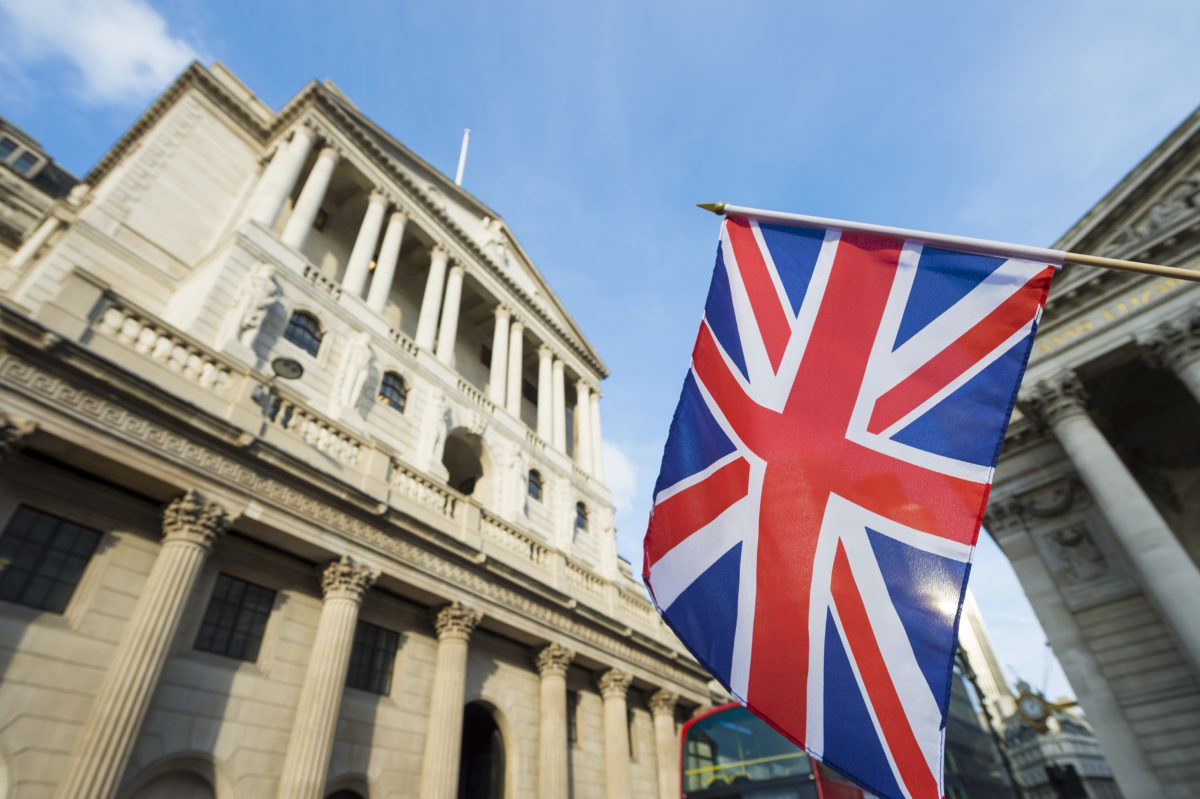Cut interest rates immediately, says IEA’s Shadow Monetary Policy Committee
SUGGESTED



- The Institute of Economic Affairs’ Shadow Monetary Policy Committee (SMPC) voted unanimously to cut Bank Rate and halt Quantitative Tightening (QT).
- A majority voted to cut the Bank Rate by 50 basis points to 4.75% immediately, with additional support for a larger cut of 100 basis points coming from two members and a call for a smaller cut of 25 basis points from one member.
- SMPC members were concerned that the Bank has not responded to slowing inflation or the UK’s sluggish growth rates.
A group of independent economists that shadow the Bank of England has called for interest rates to be cut. This comes amid uncertainty about whether the Bank’s Monetary Policy Committee (MPC) will cut interest rates today (Thursday 1st August) for the first time since March 2020.
The Shadow Monetary Policy Committee, hosted by the free market think tank the Institute of Economic Affairs, has warned that monetary policy has not responded to the downward trend in inflation and is becoming a drag on the UK’s already modest economic growth.
Starting in 2021, the SMPC made one of the earliest calls for the Bank to start raising interest rates and criticised the Bank’s forecasts for understating the threat of inflation. Over the past year, however, the SMPC has been warning that the Bank has raised interest rates too far and held them for too long.
The growth of the UK’s ‘Broad Money’ (M4) supply has slowed since July 2023, bringing inflation down and reducing credit availability. With the UK’s recent economic growth sluggish, the SMPC warned that the Bank’s tight monetary policy risks dragging growth down further.
With inflation close to the Bank of England’s 2% target and UK gilt yields implying a long term average interest rate of 4%, members questioned what the MPC was trying to achieve by keeping Bank Rate at 5.25%. The SMPC unanimously agreed with bringing Bank Rate into line with the real interest rate but disagreed on how quickly to proceed.
Emphasising uncertainty about the UK’s long-term growth prospects and the impact of the new government’s fiscal policies, a majority voted for taking an incremental approach to rate reductions: six voted for an initial 50 basis point cut and one voted for a 25 basis point cut with the goal of bringing Bank Rate down to 4%.
Two members favoured closing most of the gap immediately with a 100 basis point cut. Former Lloyd’s Bank Chief Economist and SMPC member Trevor Williams argued that the difference between long-term average interest rates and Bank Rate ‘justifies significant cuts’.
As part of loosening monetary policy, the committee voted 8-1 to end Quantitative Tightening (QT) – the selling of bonds to contract the money supply and raise long term interest rates.
Andrew Lilico, Chair of the Shadow Monetary Policy Committee and IEA Economics Fellow, said:
“Inflation is likely to undershoot the target by some margin over the next eighteen months. Unnecessarily tight policy will impede the economy just as new investment is needed to take best advantage of emerging new technologies. A rate cut is well overdue.”
ENDS
Notes to Editors
Contact: media@iea.org.uk / 07763 365520
- The Shadow Monetary Policy Committee (SMPC) is a group of independent economists whose purpose is to monitor the decisions of the Bank of England’s official Monetary Policy Committee and make its own policy recommendations.
- The SMPC has met at least once a quarter at the Institute of Economic Affairs (IEA) since July 1997, making it the first such group in the UK.
- It carries a pool of ‘spare’ members to ensure nine votes are cast each month. This can lead to changes in the aggregate vote, depending on who contributed to a particular poll. As a result, the nine independent and named analyses should be regarded as more significant than the exact overall vote.
- The minutes of the July meeting can be found here: Minutes of the SMPC meeting of 9th July 2024.
- SMPC member and IEA Economics Fellow Julian Jessop also urged a review into the payment of interest paid to private banks on reserves held by the Bank of England as part of its Quantitative Easing (QE) policy.
- Julian also explained the link between inflation and the growth of the ‘Broad Money’ supply in a September 2023 article for The Spectator. Read the piece here: Is printing too much money the real cause of inflation?.



